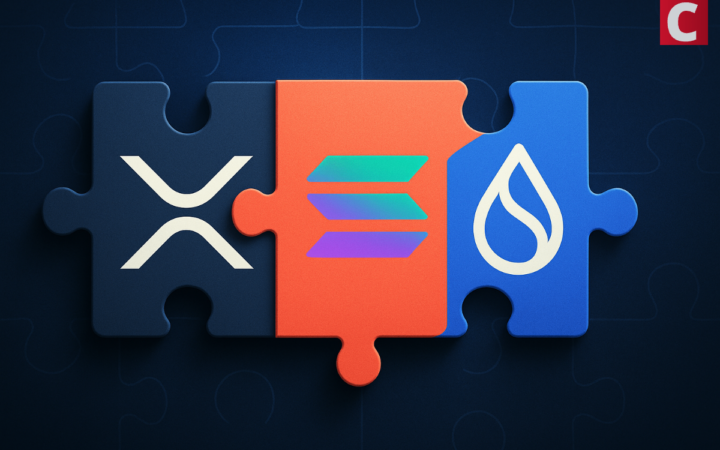Taking strong interest in blockchain, cryptocurrencies, and IoT, Tatsiana Yablonskaya got deep understanding of the emerging techs believing in their potential to drive the future.
Royal Bank of Canada is the largest financial institution in the country with over 16 million clients and operations in 40 countries. Dealing with multiple daily cross-border payment transactions, the Bank started exploring technologies that could facilitate the process and develop a new approach to bank-to-bank, business-to-business, and peer-to-peer remittances.
Traditional bank transactions include additional intermediaries, customer fees and lengthy reconciliation tasks, which altogether increase operational costs and undermine efficiency. According to Deloitte University Press, now Royal Bank of Canada takes a close look at blockchain. The bank’s team strives to single out the business problems blockchain might solve. First of all, it concerns cross-border payments that can be settled in near-real time.
“At that time, many people in our industry were exploring possible uses for bitcoin,” says Eddy Ortiz, RBC’s vice president, solution acceleration and innovation. “As we came to understand more about the challenges we faced, we realized the underlying technology powering it was what was particularly exciting.”
The Royal Bank of Canada has studied numerous blockchain options and decided in favor of Ripple, a provider of global financial settlement and FX market-making software solutions. Ripple connects banks directly to each other via distributed financial technology, thus allowing them to settle cross-currency payments quicker and more efficiently. Due to almost instant settlement of transactions, Ripple can also decrease the possibility of fraud, credit, FX, and counterparty risks.
The Royal Bank of Canada and Ripple have partnered in order to work on a limited-production proof of concept. Blockchain has a great potential for financial institutions but it is very important to prove its scalability, reliability, security, and performance for a large-scale deployment.
The Royal Bank of Canada doesn’t limit the possibilities of blockchain to cross-border payment transactions only. It aims at creation of a loyalty platform in which the bank engages customers in real time through a blockchain to help them better understand the points and rewards they are accruing as they use banks products and services.
Canadian bank is also a member of R3 blockchain project. Organized by financial innovation tech startup R3, the group collaborates on research, experimentation, design, and engineering to help advance state-of-the-art enterprise-scale shared ledger solutions to meet banking requirements for security, reliability, performance, scalability, and audit.
R3 and its bank partners establish joint working groups to lead these efforts, which leverages the R3 team as well as experts within the partner banks. “Our bank partners recognize the promise of distributed ledger technologies and their potential to transform financial market technology platforms where standards must be secure, scalable and adaptable,” R3CEV CEO David Rutter in the first press release.





